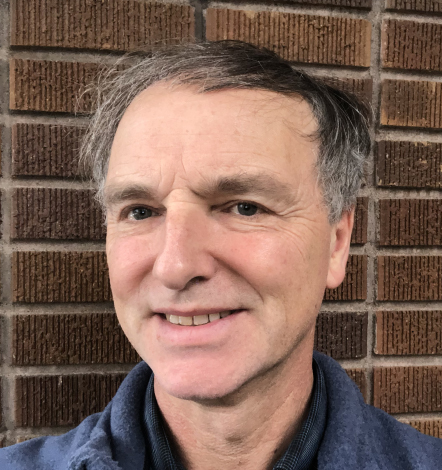COLLOQUIUM 2024
From gravitational experiments and biophysical innovations, it’s all physics
| Speaker | Distinguished visitor Prof Jens Gundlach, University of Washington, Seattle |
| Date/Time | Wednesday, 23 Oct, 3PM |
| Location | Lecture Theatre 32 |
| Moderator | A/Prof Slaven Garaj |
Abstract
In this colloquium, geared towards undergraduate students, I will describe two of the research areas that I am passionate about. First, I will portray our gravitational laboratory experiments designed to uncover the universe’s deepest mysteries. I will give compelling motivations from our established and speculative picture of the universe, and then I will describe how we ported torsion balance technology from the 18th century into the forefront of modern physics.
Next, I will transition to the field of biophysics where we have pioneered a groundbreaking DNA sequencing technique using a biological nanopore. I will also illustrate how this technology allows us to observe individual enzymes in action, revealing intricate biological processes with unprecedented precision.
Though these research areas span diverse scientific disciplines, they are united by a physicist’s rigorous approach to inquiry and an unwavering determination to seek deep understanding.

Biography
Jens Gundlach is Professor of Physics at the University of Washington in Seattle. He studied physics at the Johannes Gutenberg University in Mainz, Germany, and earned his Ph.D. in nuclear physics from the University of Washington. He then became interested in testing fundamental aspects of gravity. His group is well-known for the best tests of the equivalence principle, measurements of gravity at sub-millimetre separations and for inventing a more precise method to measure Newton’s constant, big G. His group also develops instrumentation to aid gravitational wave detection.
In 2004, Dr. Gundlach became interested in biophysics and soon emerged with breakthrough achievements. His group was first to demonstrate functional nanopore sequencing of DNA, which thereafter became a commercially available technology. Gundlach’s group then went on to develop an ultra-precise single-molecule tool to resolve the activity of enzymes with unprecedented precision.
With an attitude that nothing is impossible, Dr. Gundlach now runs two world-leading labs in diametrically opposite fields of physics.
In 2021 he was awarded the Breakthrough Prize in Fundamental Physics for his work on gravity.
Lectures in this series
| Friday 25 Oct 10AM | Addressing the mysteries of our physical universe with gravitational experiments |
| Monday 28 Oct 2PM | Nanopore technology: from DNA sequencing to drug discovery |
